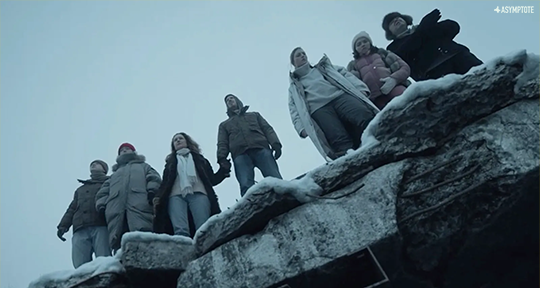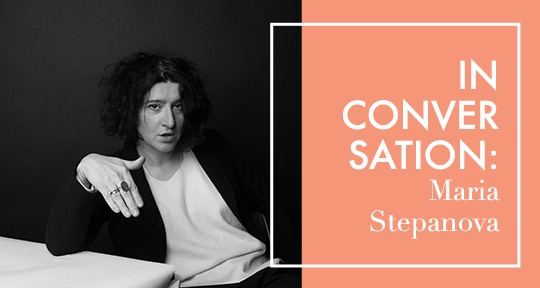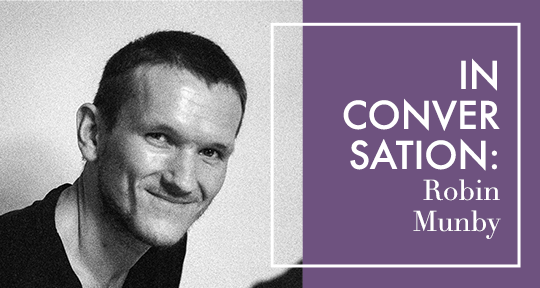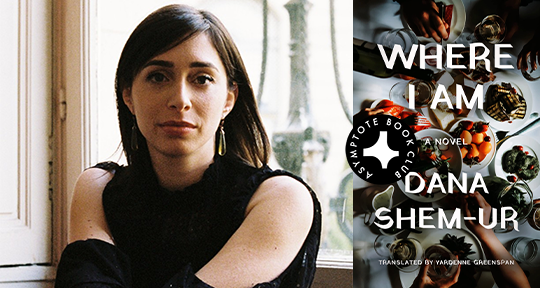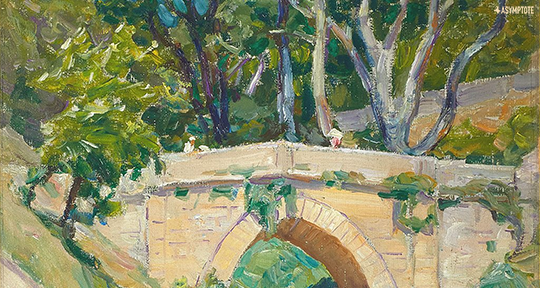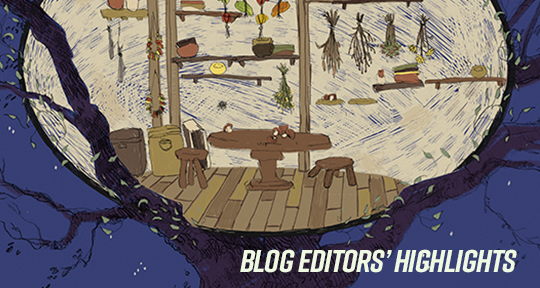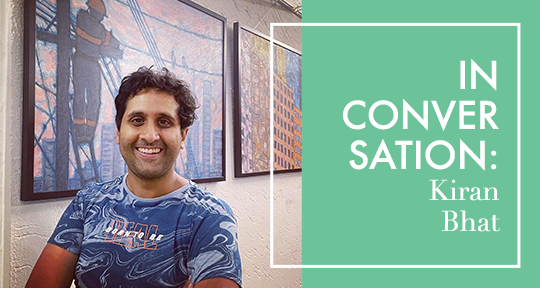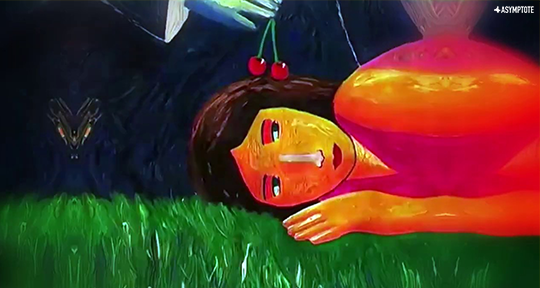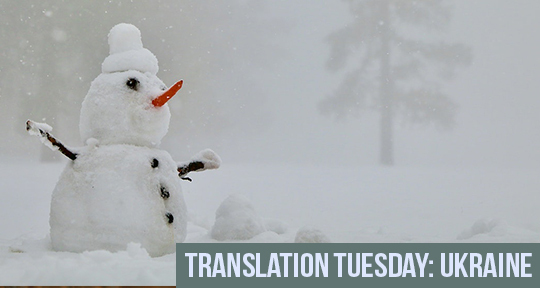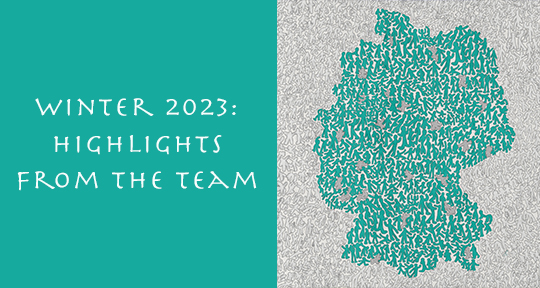Living today is a feat of coexistence. In Me | You | Us, our Winter 2024 edition—Asymptote’s landmark fiftieth!—people seek ways to equably share a world of jostling values, languages, and stories. Embracing the rare spotlight in mainstream English media almost never afforded translators, Emily Wilson discusses her groundbreaking translation of Homer and its place in the constellation of existing English Odyssies. Public intellectual Michael Cronin makes the case for translation’s centrality in the construction of new narratives necessary for the continued survival of our species amid other species. Headlining our Special Feature themed on coexistence, Nam Le’s frenzied poems are just as preoccupied with Carl Linnaeus’s taxonomy in the original Latin as they are driven to distraction by the insufficiency of that same scanty alphabet against the tonal splendor of Vietnamese. In Ilya Kaminsky’s Brave New World Literature contribution, truckloads of Dante’s Inferno being delivered to a besieged Kharkiv speak to a different, tenuous, and moving, coexistence. As support for Ukraine wavers in the US, we at Asymptote have kept up our coverage of the region also through Elina Sventsytska’s devastating poetry, a review of Oksana Lutsyshyna’s latest award-winning novel in English translation, and a dispatch about the chilling aftermath of a Russian dissident’s self-immolation. Alongside these, I invite you to discover the Mexican pioneer of magical realism Elena Garro, Palestinian poet Samer Abu Hawwash, Cuban artist Gertrudis Rivalta Oliva, and Romanian playwright Edith Negulici amid never-before-published work from a whopping thirty-five countries. All of it is illustrated by the Netherlands-based guest artist Ehud Neuhaus.
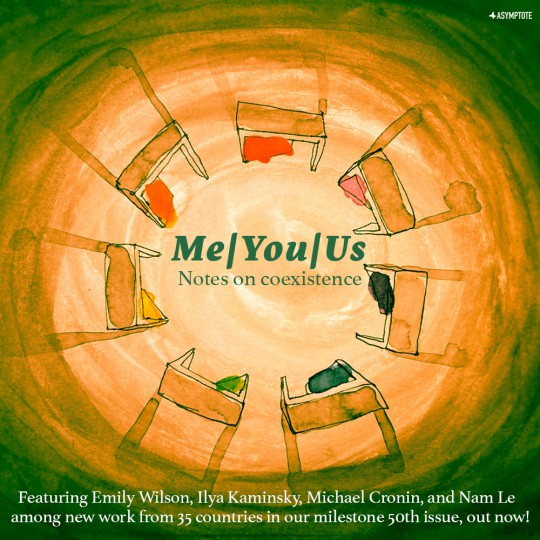
If, as Taiwanese author Lin Yaode put it, “literature’s history is really a history of readers of literature,” the history of Asymptote might also be in part a tale of its readers. But why should it stop there? To all collaborators and supporters, past and present, I say gratefully: this one is for you! As hinted at by last year’s closures of The White Review and Freeman’s—both similarly prestigious journals with a focus on world literature—existence (by which I mean mere survival) has not been easy. We made it to our 1st, 2nd, 3rd . . . and to our 50th edition because of you.
If you are an avid reader of the magazine and haven’t yet signed up, we hope you’ll consider becoming an official sustaining or masthead member today for as little as USD5 a month in addition to subscribing to our socials (Facebook, X, Instagram, Threads) and our monthly Book Club. If you represent an institution advocating for a country’s literature, check out this (slightly outdated) slideshow and get in touch to sponsor a country-themed Special Feature, as FarLit has recently done. (The deadline to submit to our paid Faroese Special Feature is February 15th, 2024; the guidelines and a new call for reviewers to contribute to our monthly What’s New in Translation column can be found here). If you work for a translation program, prize, or residency, consider advertising through our myriad platforms, including our newly launched “Upcoming Opportunities in Translation” column. And, finally, if you’d like to join us behind the scenes in advocating for a more inclusive world literature, we just announced our very first recruitment drive of the year (deadline to apply: February 1st, 2024). Thank you for your readership and your support. We can’t wait to hear from you!


